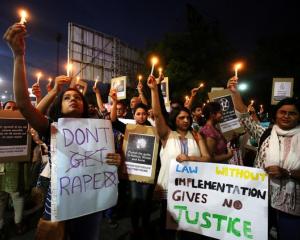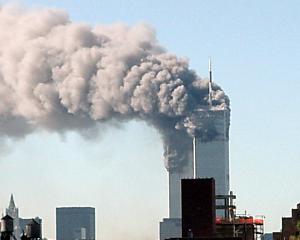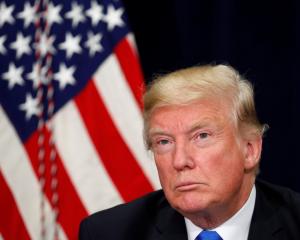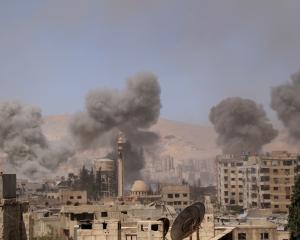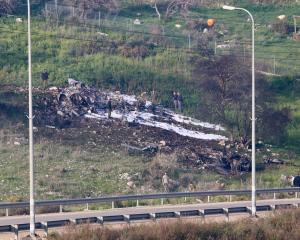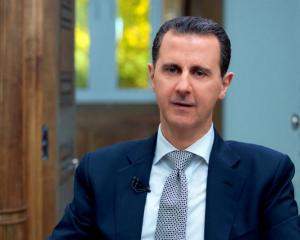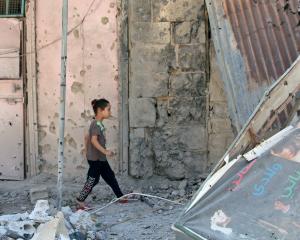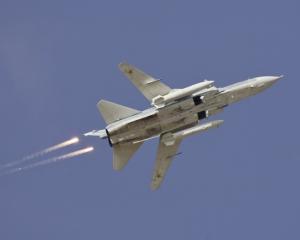We have watched as the "Arab Spring" has come and have been told that the flowering of democracy has people trying to overthrow dictatorial regimes and get democracy. Most recently, the tale is that the horrible dictatorship Syria is being overwhelmed by freedom fighters. This is probably not true and the Syrian reality is far more complicated.
Syria is largely secular and has been a relatively harmonious state, despite being composed of many religions and ethnic groups. There has been minimal inter-ethnic rivalry or angst between Christians and Muslims.
There is free education and health care, and a good standard of living.
President Bashar Al-Assad's Government was internationally respected and not criticised until recently.
One might ask what is a good government?
Is it one that is democratic, which means it has a certain political structure, or is it competent, such that it delivers a good outcome economically and people live well?
What is not perfect may be the best option currently available.
In the Middle East, the borders of many countries were drawn by colonial powers on the "divide and rule" principle. Many ethnic groups were included in each country, so that no-one group could dominate and the great powers could thus influence the somewhat insecure governments that resulted.
The question for many in the Middle East is whether a country has "dignity", which means that it is respected and can set its own foreign policy direction.
Al-Assad has done this. He has many enemies. A secular state is a target of fanatical Islam, often externally funded.
His relatively socialist Government is supported by Russia and China. He has opposed the United States because it supports Israel.
He has supported Iran, which may be the critical reason why the West now attacks him.
He controlled the media and did not let foreign journalists have much access, which has meant that as he has been attacked in both propaganda and literal terms, his poor connections with the Western media have made it hard for him to respond.
He has secret police, which worries the West. But it must be remembered that all countries in the Middle East have secret police.
Al-Assad does need to stop foreign interference and internal fanaticism. When there were demonstrations for democracy, he agreed to a new constitution in February this year, but the protest, pressure and rebellion have continued.
The Western media has alleged that al-Assad has killed many people.
As the country moves to total civil war, there is shelling with huge casualties. The question must be asked whether it was al-Assad or his attackers who initially killed civilians, apparently for no reason.
There are many groups in the Middle East who will kill for a media effect. It is called "false flag" terrorism, where fundamentalists murder civilians, blame the Government and get foreign intervention.
The Western media has portrayed the war as peaceful demonstrators for reform brutally shot by al-Assad's forces, finally reinforced by a reluctant West to get democracy.
The reality may well be that the demonstrators have been bypassed and a relatively stable and popular government has been targeted by a coalition of external forces. These include Israel and Western governments targeting an ally of Iran; undemocratic Middle Eastern kingdoms such as Saudi Arabia and Qatar, not wanting even limited democracy; and fanatical Islamists looking to create a theocratic state.
The history of the US relationship with Islamic jihad has often been that the US supports radicals to get rid of governments in the short term, then finds the postwar situation is worse.
The Taliban were supported and trained to fight the Russians in Afghanistan, but now fight the US.
This may well happen again, if Syria fragments into bitterly divided ethnic and religious groups that were held together by the now much-criticised al-Assad regime.
Whether the Syrian situation is naive Western interference or a more sinister strategy to make sure that no country in the Middle East is unified enough or strong enough to stand up against US and Israeli interests remains to be seen.
The "Free Syrian Army" is a highly disparate group unlikely to give a democratic state if or when al-Assad falls. Those who advocate "Hands Off Syria" may well be right.
•Dr Chesterfield-Evans is director of the Sydney Peace Foundation. He lives in Sydney and Outram.



